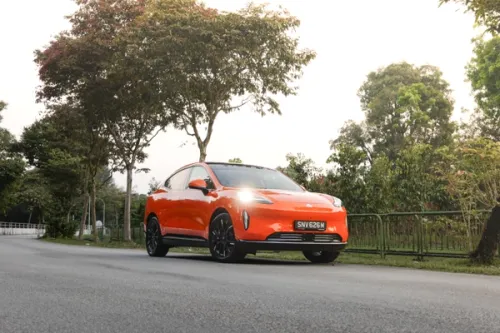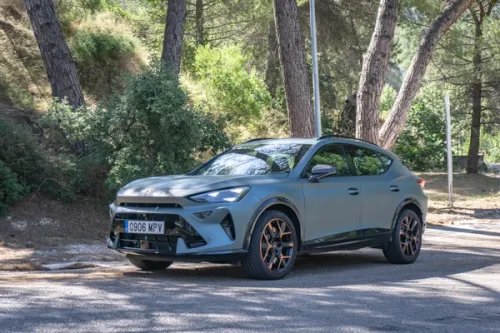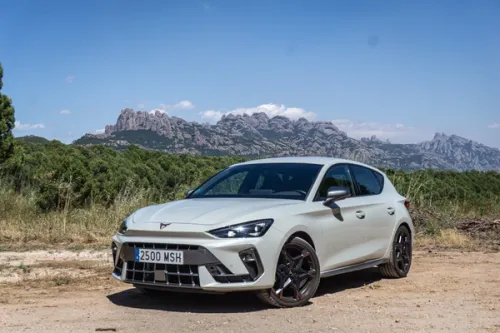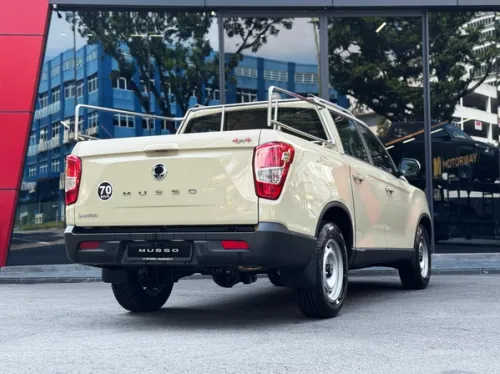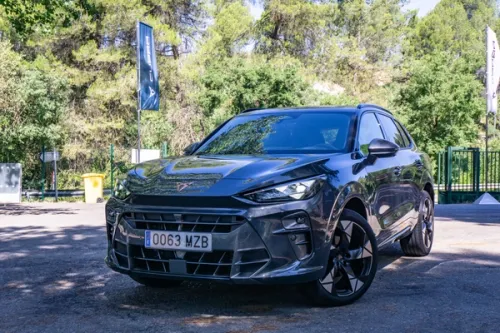Volkswagen Sharan 2.0 TDI Bluemotion Review: The Folks Wagon
Two years after the introduction of the second-gen Sharan, Volkswagen is now offering a brand new diesel engine to augment the MPV's people carrying abilities. Does it make sense over the petrol variant?


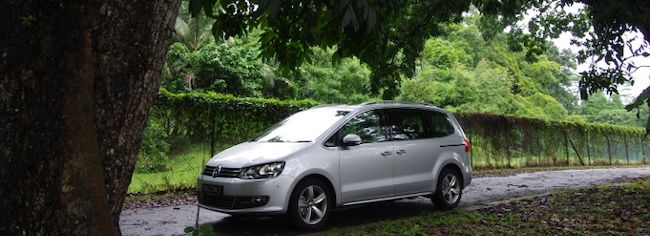
The key differentiator to today’s specimen is its diesel-burning engine. The Sharan features VW Group’s new two-litre TDI powerplant that produces 177 bhp -- up 9 bhp from the previous iteration. And being a turbocharged unit, the diesel is no slouch. Mated to a 6-speed DSG automated dual-clutch gearbox, the Sharan is propelled from standstill to 100 km/h in 9.6 seconds -- just 1.3 seconds shy of the petrol-drinking version. What’s more interesting is that it only takes 6.6 seconds to hit 80 km/h -- a better benchmark for the stop-go traffic that we experience everyday. This speedy progress is thanks to the 380 Nm of torque that’s delivered at just 1,750 rpm.
Despite being an oil-burner, the TDI engine sounds rather muted at idle and one would hardly be able to discern the diesel chatter. Apart from at the fuel pump, the only other time that you get reminded that you’ve got a diesel is during acceleration when the engine noise intrudes the cabin, just a wee bit. But once you are cruising, you can hardly hear the unit turning under the bonnet. Interestingly, VW says the stationary noise is 72 dB, while the cruising noise is just 71dB.
When we compare diesel and petrol variants of the same vehicle, fuel consumption will undoubtedly be the highlight. According to VW, the TDI can achieve fuel consumption figures of 5.9L/100km (16.9km/L) in a combined cycle, while the TSI is 30% thirstier at 8.4L/100km (11.9 km/L). During our test, we achieved about 12km/L on diesel -- but that’s with realistic driving and some “spirited” sprints.
While one shouldn’t expect much of a MPV in the handling department, the Sharan does quite a good job on the roads. While there is a dynamic control suspension system onboard, it is best left in the Normal mode because Comfort feels a little too floaty, while Sports tends to transfer all the road imperfection into the cabin. Steering is light -- almost on the verge of being overly assisted -- but it weighs up slightly when taking the turns.
The Sharan, powered by either fuel, is a capable people mover that checks all the boxes in the right places. It carries over its practicality from the previous generation, but is now more elegant inside and out.
Both petrol and diesel versions are both selling for $208,300 including COE and after rebates. So the question boils down to the running costs. The annual road tax for the diesel version is $1,964, a $770 over the petrol version. If you divide that over 12 months, it’s merely $64 extra per month. That’s a sum easily recovered by fewer stops at the petrol station. For a family that drives at least 700km a month, going with the diesel option means you pay $64 less to Big Oil in fuel costs. This is assuming that the petrol version does 9.5km/L vs the 12km/L we achieved for the TDI; and diesel costs $1.67 to the litre and 95RON is $2.20/L.
And if there’s just one more thing to push you over the fence to get the diesel, you’ll be glad to know that it produces 154g of CO2 per km -- 21% less than the petrol version.
Credits: John Toh


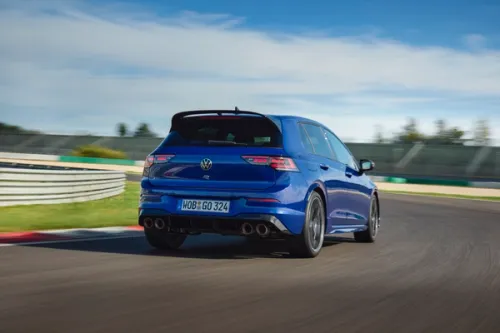
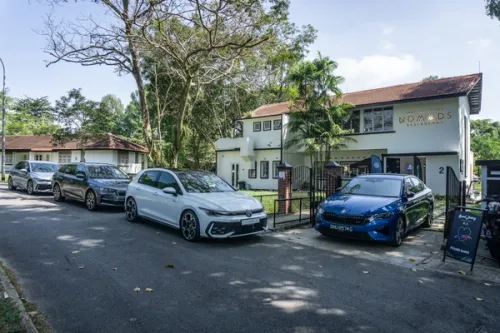
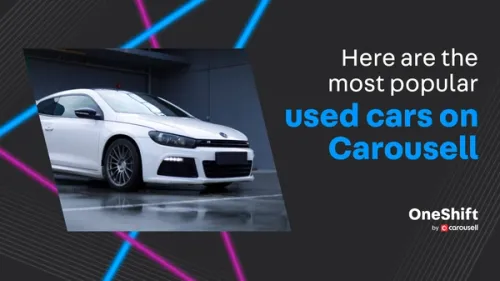
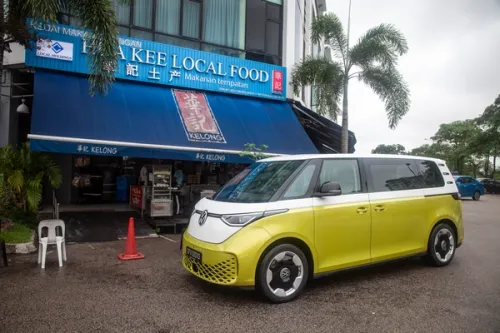


Get the Best Price for your used car
from 500+ dealers in 24 hours

- Convenient and Hassle-Free
- Consumer Protection
Transparent Process
With No Obligation

